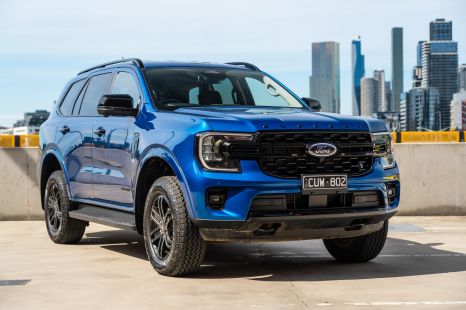

Josh Nevett
3 Days Ago
BMW and Toyota plan to cut the cost of hydrogen development by sharing parts, according to a new report from Nikkei Asia.

Contributor
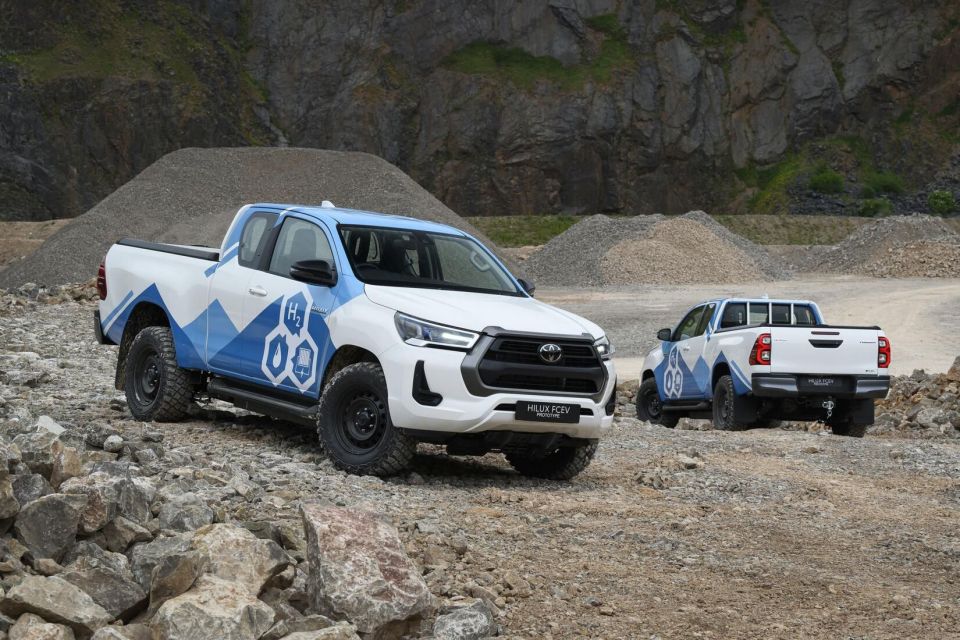

Contributor
BMW and Toyota are reportedly planning to work more closely together on hydrogen fuel-cell vehicles, as demand for electric vehicles flattens globally.
Nikkei Asiareports the companies will sign a memorandum of understanding (MoU) on September 5 at a media roundtable.
According to the report, Toyota will supply BMW with hydrogen tanks and fuel cell systems for its next-generation hydrogen vehicles – which will be mated with in-house electric motors and drive units to deliver a full hydrogen fuel-cell drivetrain.
100s of new car deals are available through CarExpert right now. Get the experts on your side and score a great deal. Browse now.
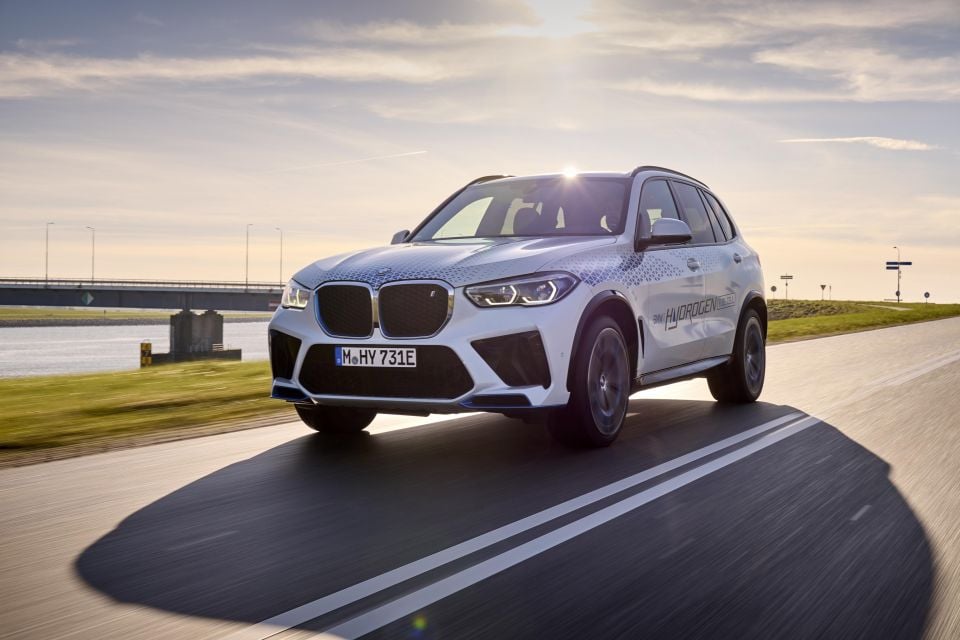
Nikkei claims the partnership will allow BMW to cut the cost of mass producing a version of the iX5 Hydrogen prototype we recently drove in Australia.
Toyota benefits by improving economies of scale on hydrogen components, which remain expensive given the relatively low volumes associated with the technology right now.
Both brands will reportedly benefit from cooperation on the infrastructure required for hydrogen in Europe, where the are just 270 refuelling stations.
BMW earlier this year told CarExpert it wants to have a hydrogen car on sale by 2030… if it doesn’t decide to pull the plug on its hydrogen program first.
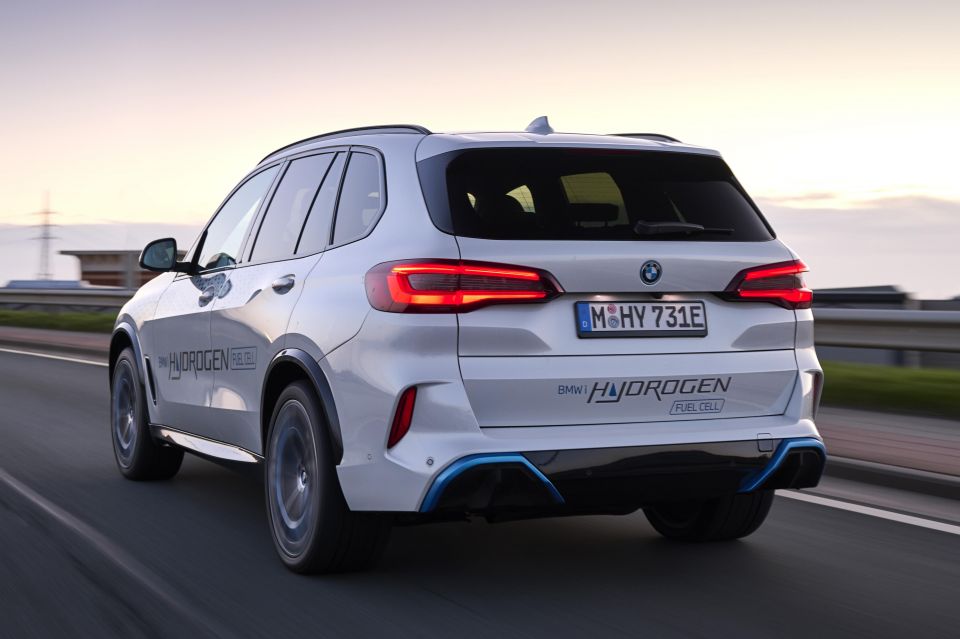
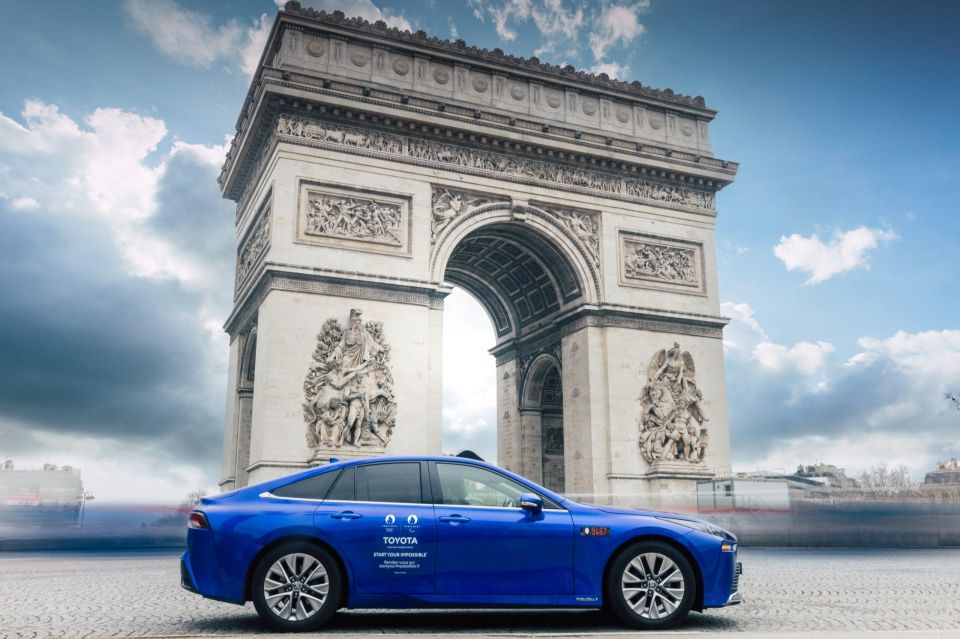
“We haven’t decided which car but we are prepared to launch a vehicle still within this decade,” said BMW general manager of hydrogen technology, Dr Jürgen Guldner.
“Once we have made the decision we have to develop the car which will take a few years, then we’ll make a decision which markets are ready to take up to technology.”
This isn’t the first time BMW and Toyota have joined forces to make the development of low-volume vehicles more affordable.
The Toyota Supra shares its bones with the BMW Z4 roadster, and is powered by a range of BMW engines.
MORE: BMW will decide if hydrogen lives or dies this year MORE: Driving the BMW iX5 Hydrogen
Scott Collie is an automotive journalist based in Melbourne, Australia. Scott studied journalism at RMIT University and, after a lifelong obsession with everything automotive, started covering the car industry shortly afterwards. He has a passion for travel, and is an avid Melbourne Demons supporter.


Josh Nevett
3 Days Ago
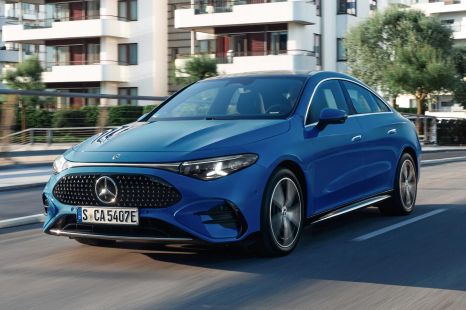

Neil Briscoe
2 Days Ago
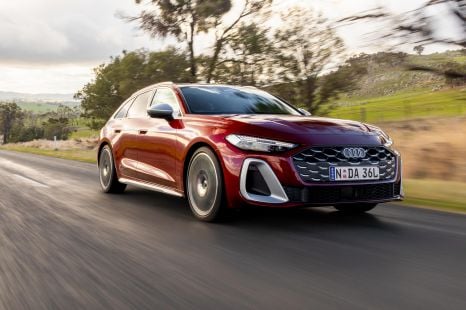

James Wong
2 Days Ago


Alborz Fallah
2 Days Ago
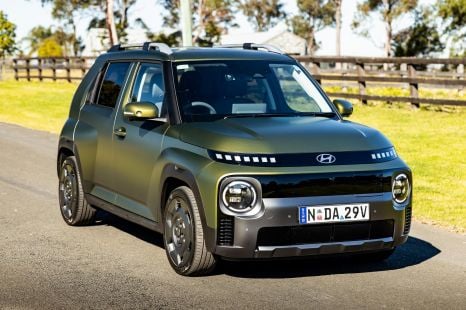

Matt Campbell
1 Day Ago
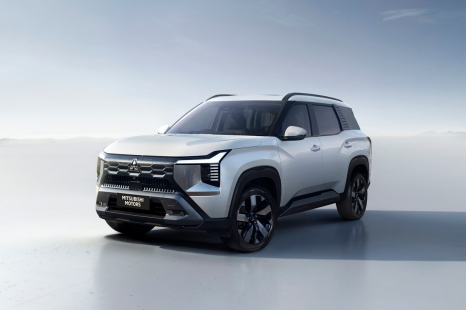

William Stopford
15 Hours Ago